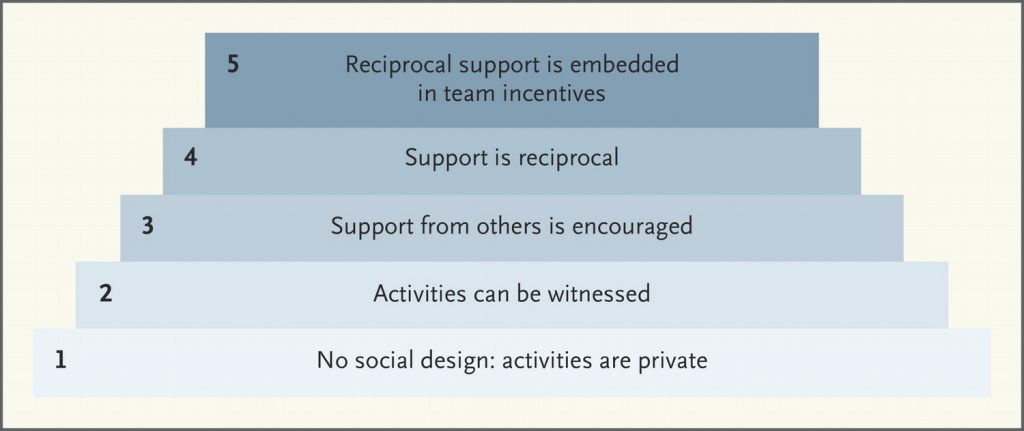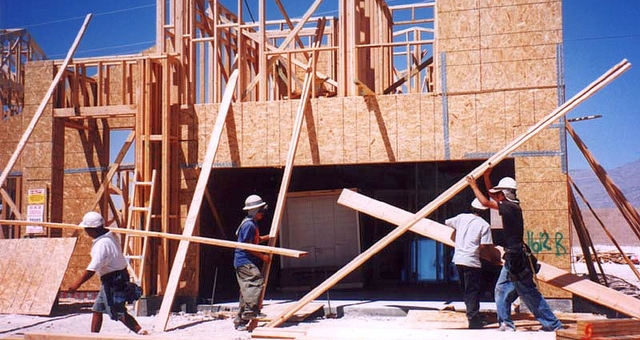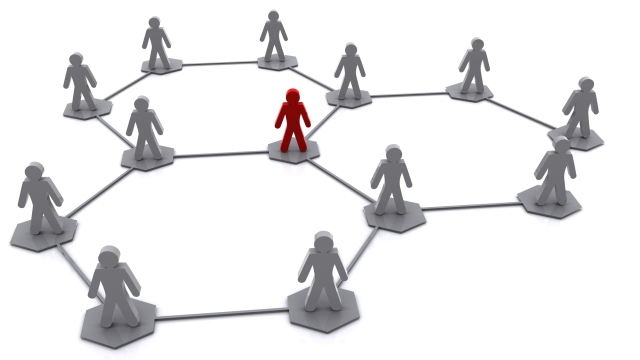
Why doctors should engage our social network
Originally posted on The Horizons Tracker.
Often our relationships with our doctor can be a purely bilateral affair, with any communication strictly limited to doctor and patient. Alas, a recent study1 highlights the power inherent in leveraging the patients’ wider social network.
The paper highlights a five step process by which doctors can successfully engineer the kind of social engagements that promote good health and wellbeing.
“Spouses and friends are more likely to be around patients when they are making decisions that affect their health—like taking a walk versus watching TV, or what to order at a restaurant. Patients are also more likely to adopt healthy behaviors—like going to the gym—when they can go with a friend,” the authors say.
“Though people are more heavily influenced by those around them every day than they are by doctors and nurses they interact with only occasionally, these cost-free interactions remain largely untapped when engineering social incentives for health. That’s a missed opportunity.”
Engaging our social network
The authors suggest that it’s crucial that doctors try and enlist the support networks patients have to provide the kind of help and ongoing support that would be impractical for doctors or nurses to provide.
Doctors traditionally fail to do this because of concerns around the privacy of patients. Whilst these concerns can be valid, there are many patients who are only to happy for their friends and family to help support them with conditions such as diabetes.
To do this, the authors developed a ladder with varying levels of social support, ranging from no engagement at the bottom, all the way to reciprocal support via various incentives at the top.

“Although we don’t normally think of competition or collaboration among patients are part of managing chronic diseases like high blood pressure, heart failure, or diabetes, research shows that behavior is contagious, and programs that take advantage of these naturally occurring relationships can be very effective,” the authors say.
They contend that we need to move away from the current model whereby health interventions are designed purely for the individual patient, towards an approach that enrolls the patient in group activities or team competitions that are designed to improve health.
This is characterized by the fourth rung of the ladder, with various social incentives aimed at providing reciprocal support. Studies have shown that patients in this kind of environment tend to better than those in more traditional, and often isolated treatment settings.
Article source: Why doctors should engage our social network.
Reference:
- Asch, D. A. & Rosin, R. (2016). Engineering Social Incentives for Health. New England Journal of Medicine, 375(26), 2511-2513. ↩




